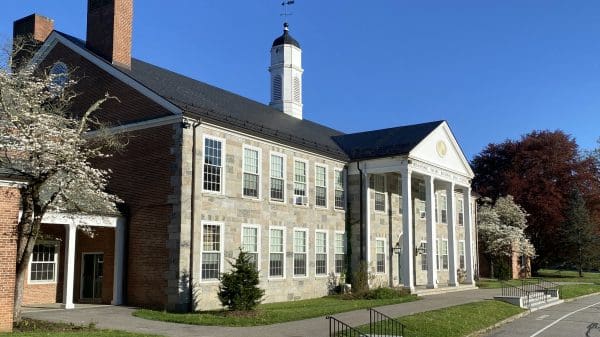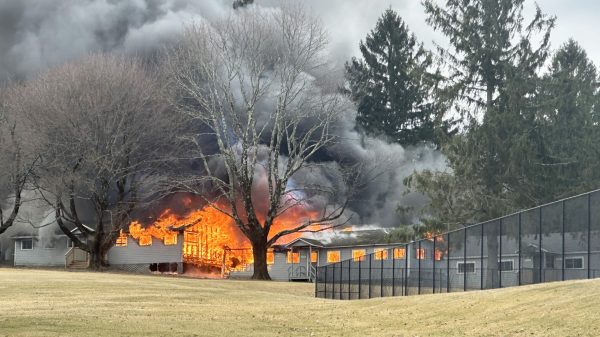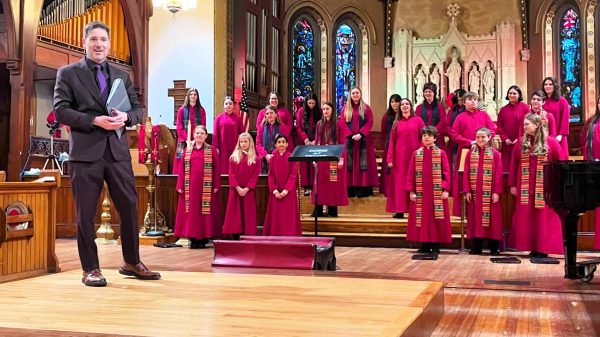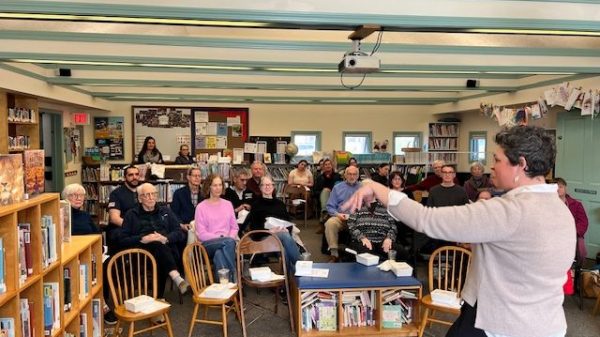KENT, Conn.—The Planning and Zoning Commission’s Cannabis Subcommittee recently discussed how Kent’s Right to Farm ordinance would affect any zoning regulations governing cannabis businesses.
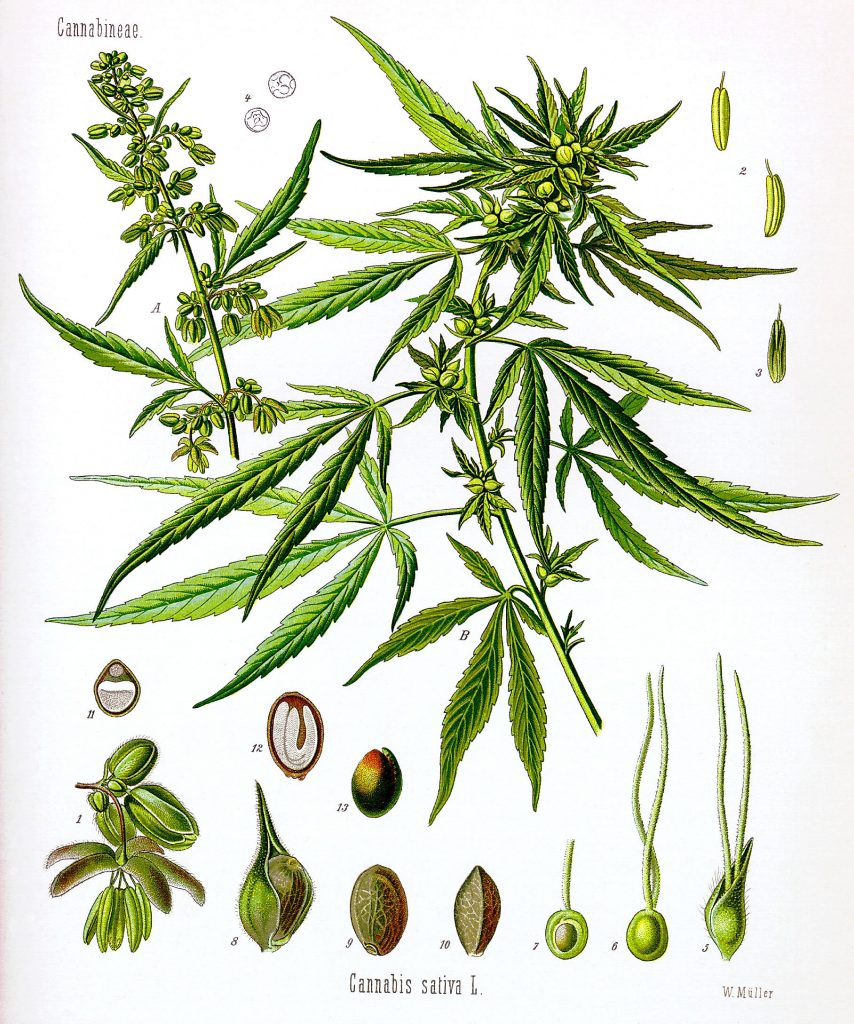
Land Use Administrator Tai Kern informed the subcommittee members that the “Right to Farm ordinance trumps zoning,” and that any new regulations imposed could not supersede that ordinance.
The subcommittee has been looking at all forms of cannabis businesses—agricultural, manufacturing, delivery, and retail—as it tries to determine what kind of regulations would be appropriate for Kent. It has created a survey for residents, seeking input on the subject.
It is also exploring whether regulation should come through zoning or an ordinance.
Subcommittee Chairman Sarah Chase observed that any agricultural cannabis operation would have to be licensed by the state, a costly procedure, and that the committee’s focus is more on retail functions.
Member Anne McAndrew asked if there is an acreage limitation for growing cannabis and Chase said it could be as small as “one little houseplant.”
McAndrew wondered if the “little houseplant” could be turned into product and sold at farmers markets. Chase said that would require a license, but that there is some confusion about whether it would be considered a “micro-grow.”
Micro-cultivators are licensed to engage in the cultivation, growing, and propagation of the cannabis plant at an establishment that is between 2,000 square feet and 10,000 square feet of grow space. Once licensed, the micro-cultivator can expand up to 25,000 square feet or convert to a cultivator if they expand to more than 25,000 square feet.
She believes micro-cultivators are indoor operations and said she is not too concerned about growing operations, but rather with who is selling it, how its sold and where it’s sold.
“The plant itself doesn’t smell very good, so there are reports of neighbor complaints,” she said.
Darryl Cherniske asked how raising seedlings and selling them in a one-gallon size would be classified. “Would that be classified as hemp or cannabis? If someone wanted to do seed distribution, would it be hemp?”
Kern said small seedlings are considered to be hemp.
PZC Chairman Wesley Wyrick said that if someone brought cannabis plants to a farm market it would not be governed by the zoning commission.
“We have nothing to say about that,” she said. “We’re not really involved because we are not discussing what the state can or cannot do.”
McAndrew questioned where other commissioners stood on the subject of retail sales of cannabis.
“I’m glad it’s being sold,” she said. “Glad people can buy weed safely, but I’m not sure it’s the right fit for downtown Kent.”
Chase said there are areas the commission must be mindful of, including the presence of three private schools in the town.
“I think we want to stay informed good citizens on this,” she said. “And there are practical matters we will have to consider, like parking and traffic flow.”
As of the the first full week of February, 260 persons had responded to the survey, with responses almost evenly divided about the desirability of cannabis businesses in Kent.
In the interest of obtaining the widest sampling possible, the subcommittee discussed placing paper copies of the survey in public places.



